Here, where I live, there are roads where the asphalt has broken up. There are street-side shops which windows have been shattered. I like to watch the wind blow through the openings and bat around the abandoned interiors. Sometimes, I find old shards of glass scattered over puke-green carpet, the edges of the glass dulled from the passage of time. This is a dark place, a cold land. I don’t know how I came to live here. I could say I’m a drifter. I could say I let life tug me this way and that—this time to the corn fields, to the cow pastures, to the post-industrial wreckage, to the malls where I can buy baby clothes for my expecting friends, chilled wine to sip in the evenings with my husband, paint to give my interiors new life. I am chameleon-like. Over time I have understood that this means I have a tendency to mirror the landscapes I inhabit. I change myself in order to blend in. I employ camouflage to survive the drifting, the nomadic impulse I am convinced is there to harm me, causing me to disrupt my life as soon as the trees I have planted bear fruit, so to speak, as soon as the garden of my life blossoms. Here, in the heartland, my language has flattened to emulate the leveled landscape; it has become wounded, because when I look away from the fields, from the horizon of corn, I see the architectural wreckage, which suggests to me that those who lived within the ruins must have suffered an equally negative fate. They could have been buried alive, or fled the impending collapse in a mass exodus no one will acknowledge…
Read more… https://as.vanderbilt.edu/nashvillereview/archives/12074
